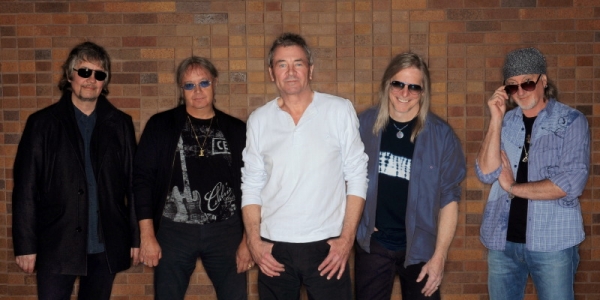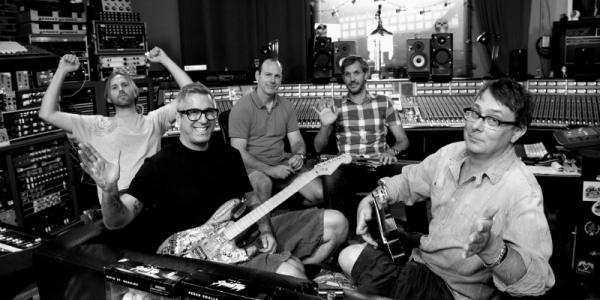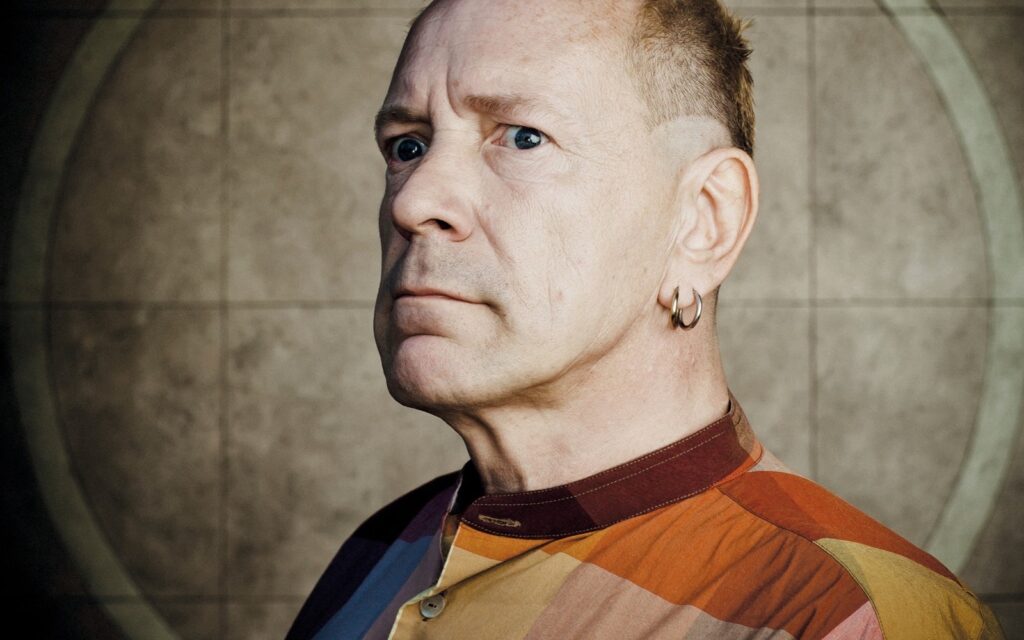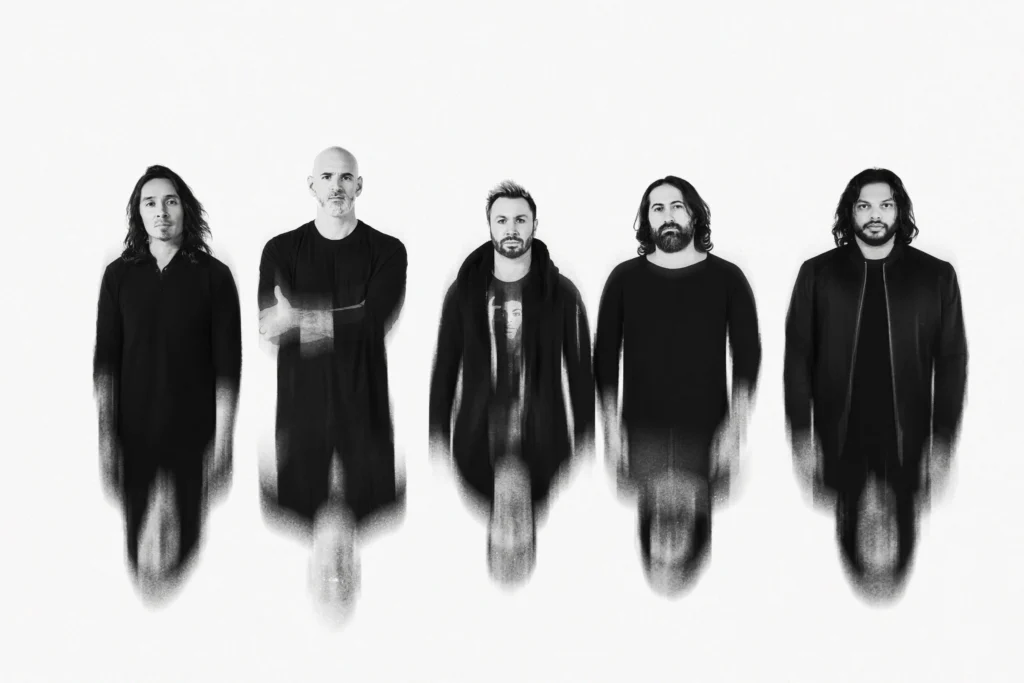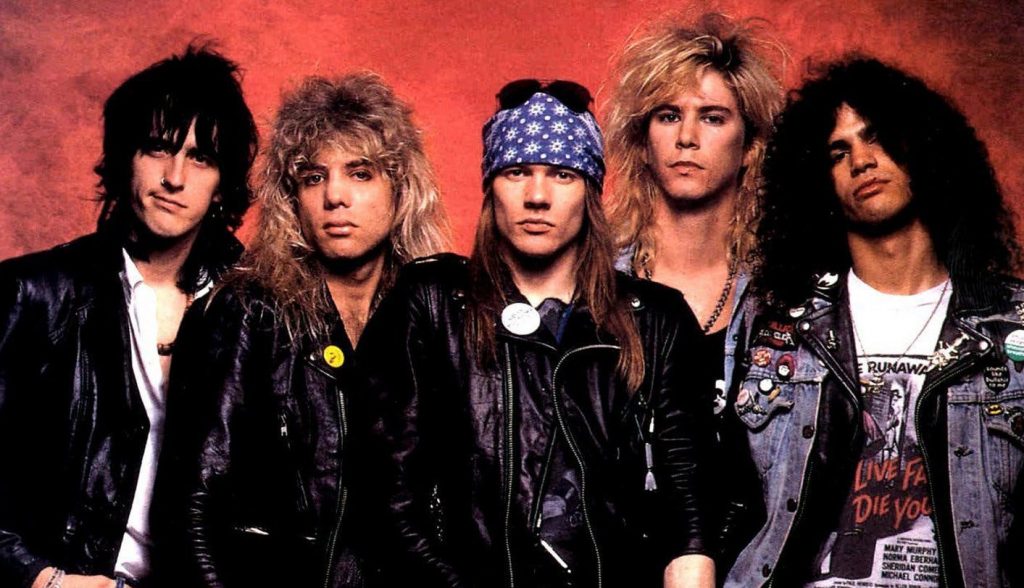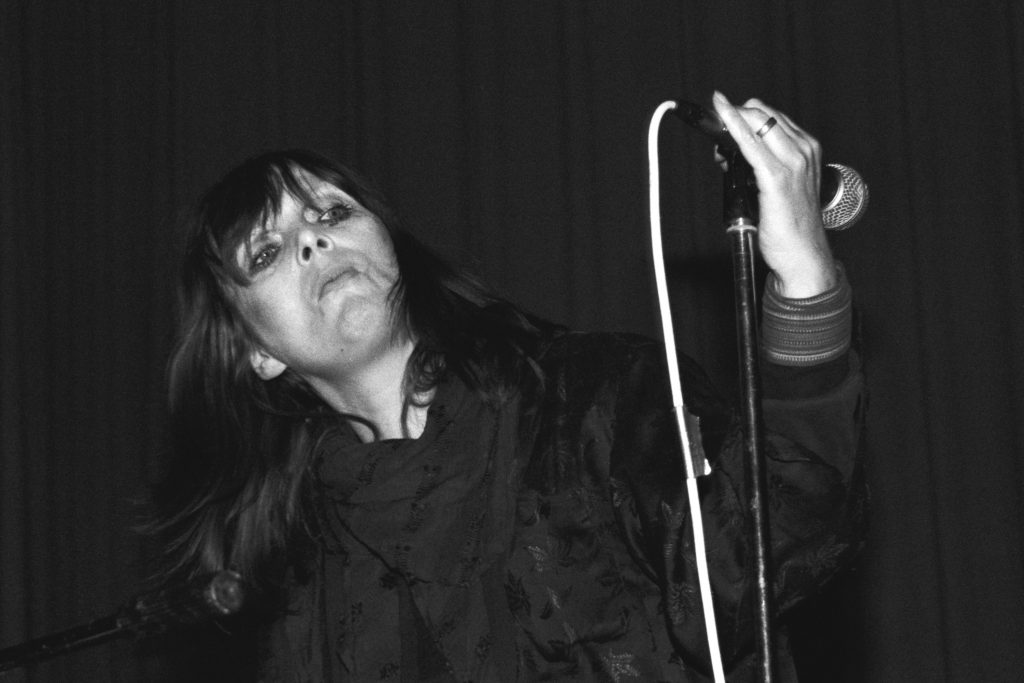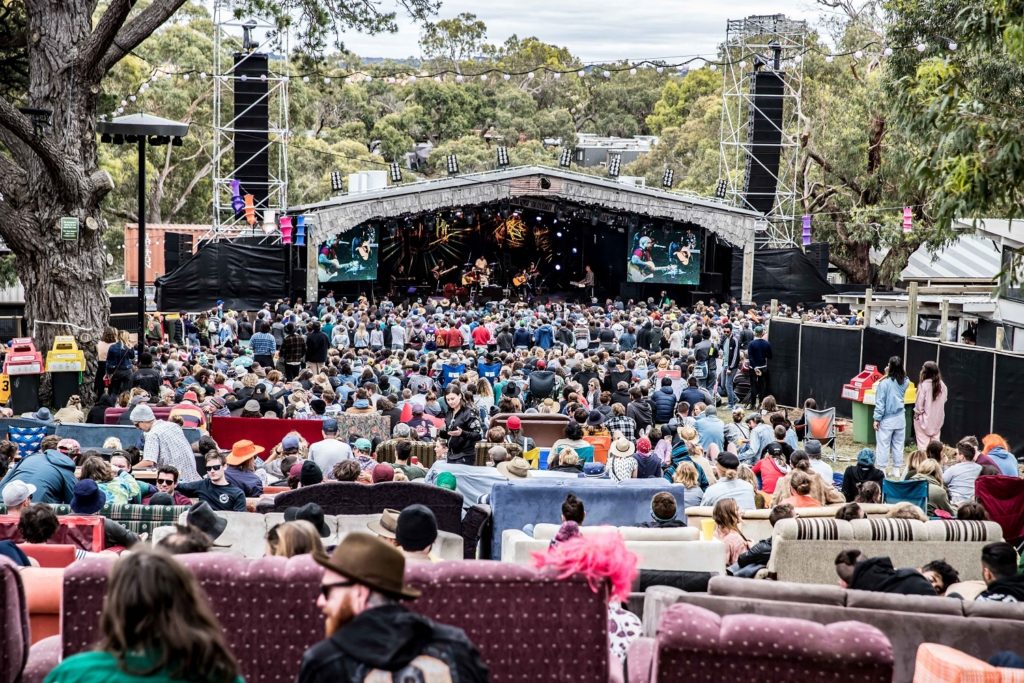But a more significant factor behind Purple’s endurance might be their near-deliberate avoidance of the spotlight of mainstream rock, the kind that shines upon ageing stars in the wax museum of classic guitar hits. To everyone else’s bewilderment, Deep Purple have repeatedly been overlooked for induction into the Rock’n’Roll Hall Of Fame – an honour bestowed instead upon ABBA, Neil Diamond, Red Hot Chili Peppers and many more – but Gillan could hardly care less. “We’ve done very well without that sort of thing,” he says down the phone from Berlin, after another long line of shows. “What we do is underground, it always has been. And it’s not unusual, it’s not just us, it’s every other band that ever existed that ever made waves – it never started with a successful television appearance or a front page on a newspaper. It started in the clubs in the back streets of a local town somewhere, whether that was Liverpool or Manchester or Seattle or Sydney.”
For that reason, Gillan says he’s never paused to consider Deep Purple’s lofty standing alongside peers like The Rolling Stones or Black Sabbath. “I never do, I never have. I don’t think the attitude of the band has changed in the slightest since we were a street band in the ’60s. Everyone that started music in that era had pretty much the same ethos … I don’t think we’ve been affected or would be affected by our reputation. It’s not the sort of question we ask ourselves, put it that way.”
To the contrary, Deep Purple is a group that exists in the moment. Clichéd? Consider Smoke On The Water. This isn’t a band that follows clichés – it writes them. So when Gillan talks of working spontaneously, he’s being as genuine as possible.
Following their Australian tour this year, Purple will release their 19th studio record; the eight years since Rapture Of The Deep is the longest gap they’ve ever had between albums. Nothing deliberate there – it just happened that way. “Music and an album represent how you are at any particular time, like a newspaper,” says Gillan. “Not since ’69 have we gone into the studio with a song written. Nothing is prepared in advance. We turn up, put the kettle on and start jamming … That’s why the albums are all quite different. I remember the shock and mayhem at the record label when we did Fireball [in 1971] – after Deep Purple In Rock they were expecting something along the same lines, and we came up with the funky side of the band.”
Since the late ’60s, Deep Purple have witnessed a lifetime of ups and downs – not least the turmoil of Gillan’s departure from the band in 1972, and the withdrawal of legendary guitarist Ritchie Blackmore soon after Gillan’s permanent return in 1992. But an indispensable presence on Purple’s journey has been the band’s experience of the changing world around them. Gillan won’t speak on behalf of his four bandmates (“We are politically opposite in many ways, and we have different attitudes to things,” he says), but to him, the modern world is a frustrating place. “When I started touring in Germany, everyone was just relieved that the war was over, and there were lots of friendships made by young people who just wanted a bit of peace and quiet and some good music. It’s a lot different now.”
Gillan still sees a lot of Europe, and the ongoing turbulence there makes the European Union a primary target for his rage. “[The EU] is a fraud, a farce, a coercive, undemocratic, perverse, corrupt organisation. The sooner it dies, the better,” he says. “There are now 27 countries involved, and most of them depend upon the EU for funding and for improvement in their standard of living. There’s nothing wrong with that … [but] it’s the corruption at the highest level and the undemocratic values of it that I would love to see absolutely fall to pieces.”
Weighed against the political problems of the world, being in a band is a pretty simple business. And just as Gillan denies the influence of reputation on Deep Purple’s work, so too he humbly discards any talk of planning a legacy – even with that riff in their songbook. “Let’s talk about Smoke On The Water very briefly,” he says. “That song was only thrown onto the album [1972’s Machine Head] at the last minute because we were short of material, and so we decided to use the sound check, a little jam we’d been doing on stage with no real song to it. The lyrics were merely the biographical details of making the Machine Head record. That song – well, the riff at least and the chorus – it’s stuck in people’s minds. That was just pure luck. So the idea of planning something for perpetuity is beyond our reach, I’m afraid.”
BY CHRIS MARTIN
